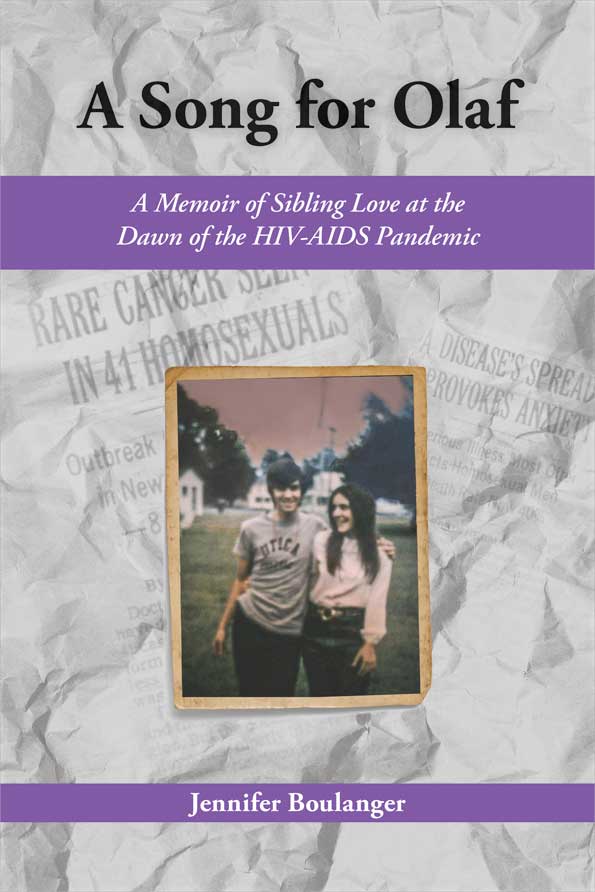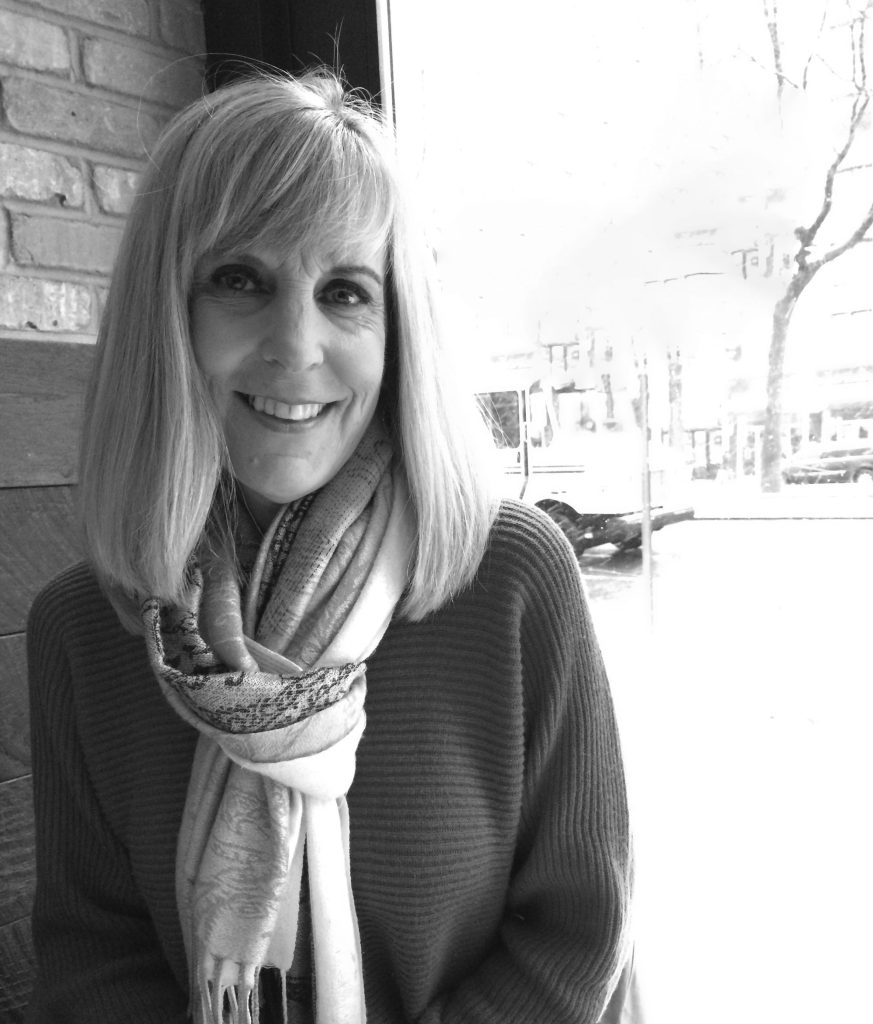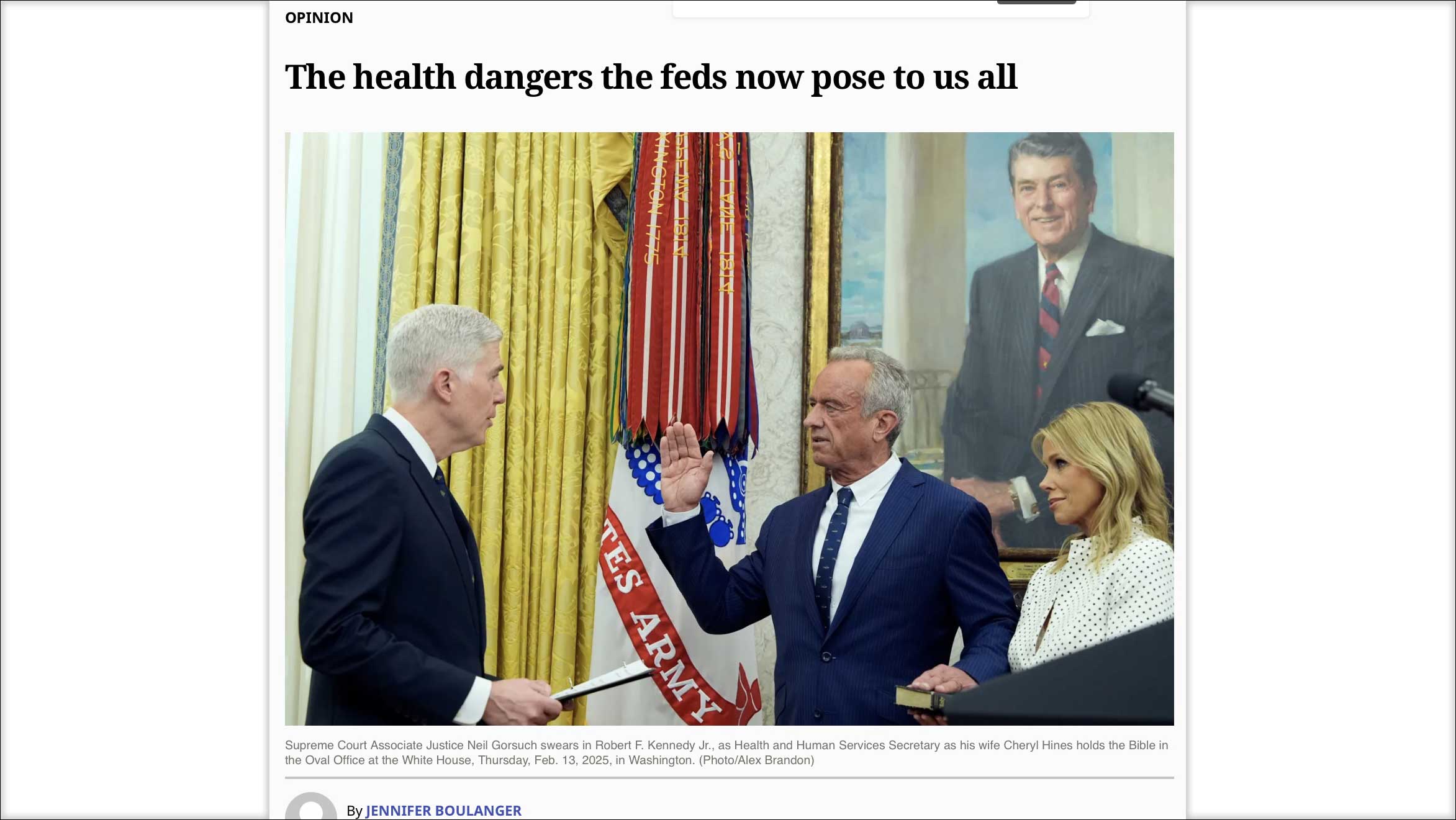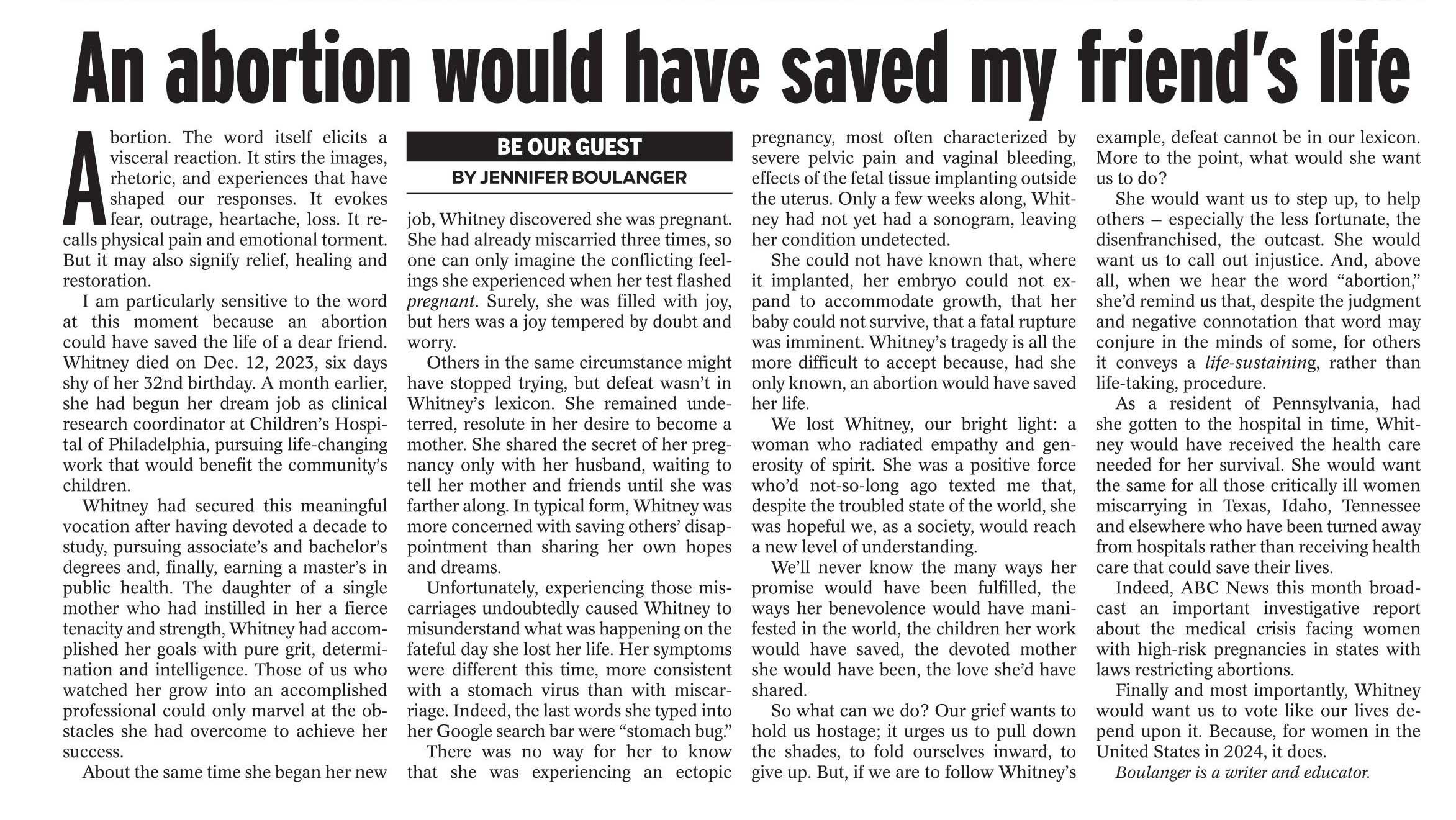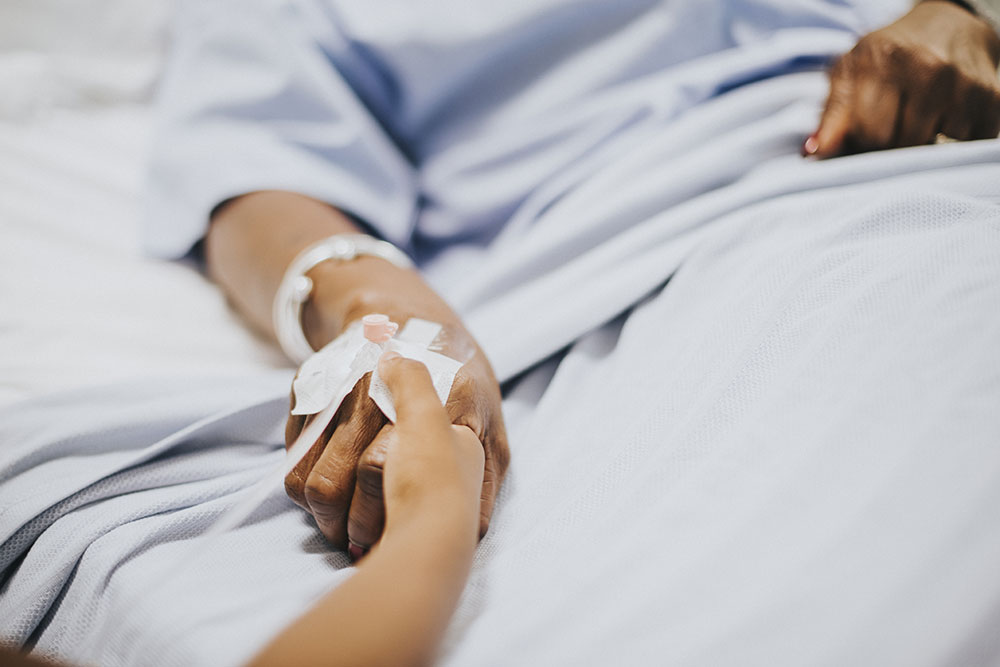A Song for Olaf is the story of the uncommonly close bond between a brother and sister, a bond which endured the turbulence of the 1960s, the emergence of the HIV-AIDS pandemic and the illness and death that ultimately overwhelmed their lives. The history of the times is deftly woven into the narrative, revealing the characters’ experience within a culture of discrimination and societal negligence.
Capturing Olaf’s essence — his effervescent personality, his compassionate heart, his fun-loving spirit — in vivid detail, the author draws us in, enticing us to love Olaf as she did. She brings us Olaf in all his splendor, a man-child who was music in motion, apt to burst into spontaneous song or break into dance at the mere suggestion of tempo — the rhythmic pulse of a train, even the steady beat of a heart monitor beside his bed. She transforms what seems at first glance a small life into a life of great significance. With the promise of Olaf’s example, readers are uplifted and emerge with the hope that we might emulate his positivity and joy, even as we grieve for what might have been.

